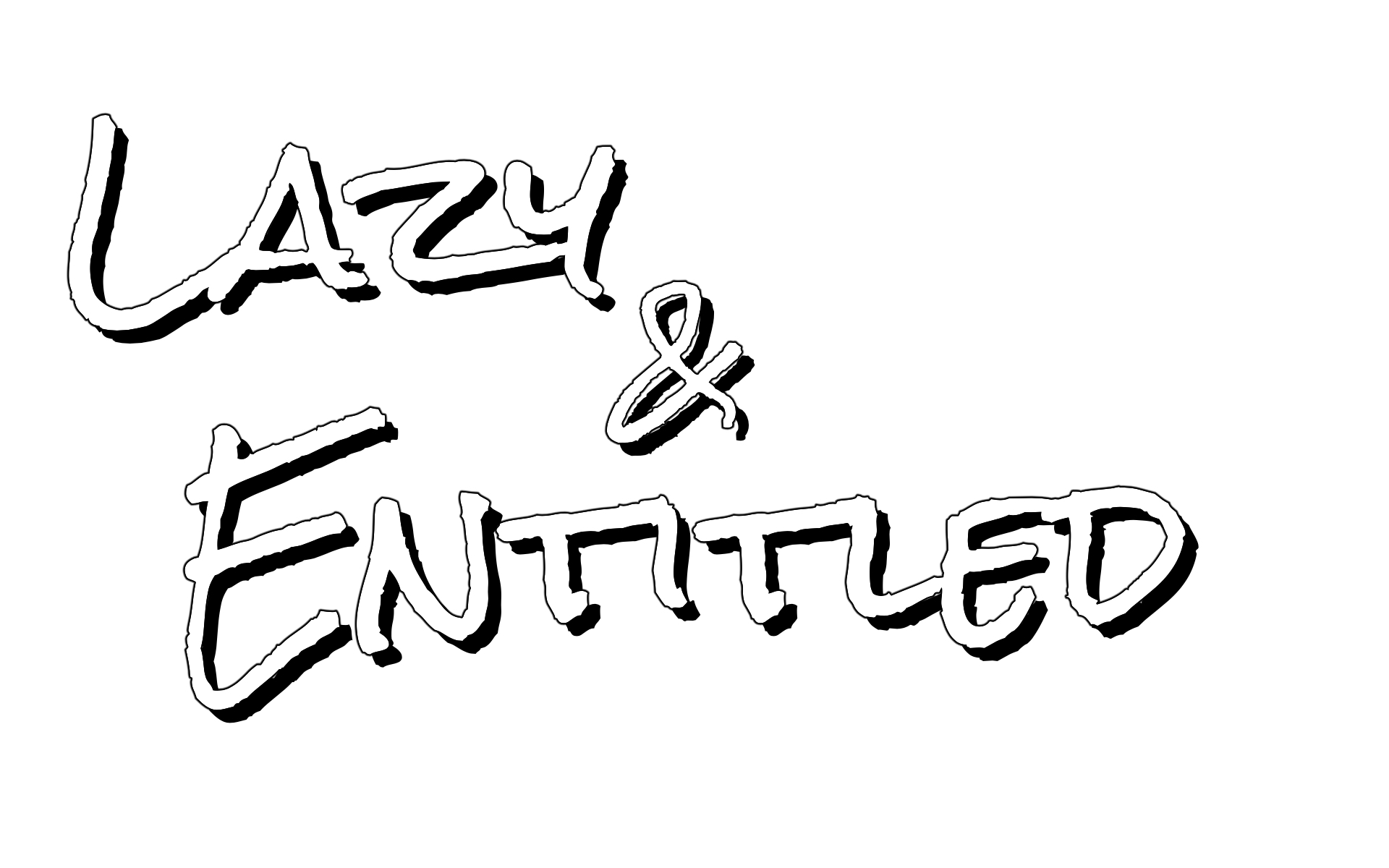“‘The sun is shining’ is a dead sentence. ‘The sun is crying’ is closer to a living one. Living sentences have teeth. Even between the lines.” – Lee Seong-bok, ‘Indeterminate Inflorescence’
Hey, one more Wednesday in poetry month! [checks calendar] shit, two more Wednesdays in poetry month! Just messing with y’all, I do have something poetic planned for next week.
Not a close reading, though.
Poetic, though.
Again, I admit to certain aspects of poetry scaring me. In a positive way, but—maybe it’s more accurate to say poems and poets sometimes intimidate me. It’s hard to put my finger on, but sometimes you read a poem and realize that the poet simply sees the world on a different level than you do. That this person is thoughtful in a way you are not, not quite. That person has access to an element that you do not.
To prove how intimidated I get by these poets, I just now realized I switched to the second person in that paragraph. Switching to second person is something I’ve recently realized I do out of self-defense. Everyone agrees with me on this subjective thought, I assure my Inner Editor, let’s invoke a universal pronoun here.
None of that is to suggest that poets are objectively better than other people,1 or even smarter. All I’m saying is that sometimes I am so awed that I don’t know what to do with myself. This week’s poem by itself, while very good, isn’t necessarily that—don’t let me build up expectations too much. The book from which this poem comes, though? Yes. Today, we’re reading Kenzie Allen, her poem “WITH THIRTEEN MOONS ON YOUR BACK” from her book Cloud Missives.
note on formatting: I use the “block quote” function to make sure line breaks stay where they should. I do think that erases stanza breaks, though, which sucks. This poem is entirely couplets, until the last line, which stands alone.
WITH THIRTEEN MOONS ON YOUR BACK
for the desert tortoise
like tree bark curled into whirlpools of stone,
burrowed under earth while the sun burned down
and Coyote roamed the sand—do we, too, return,
each to our dens in the shivering dark,
wear armor as a shelter we can carry,
don’t we, on your back, touch earth?
Sometimes, ever so slowly, we learn of the sweetness
of cactus fruit, mesquite grass, the arid wind
as the sound of an ocean rustling in creosote,
what the long-awaited rain can yet resurrect.
Coyote watches. He marvels; what small wisdom,
your survival, in this rising heat,
in this strange home you have made.
WHAT A POEM!

Beginning in the middle of a simile is such a great move. Sometimes, I have to remind myself to use similes. Starting with “like tree bark curled into whirlpools of stone”—not a bad goddamned way to get some figurative language in your poem, my dudes. Another move I love is sticking a question right in the middle of the poem: “don’t we, on your back, touch earth?” is a continuation of a multi-line question (what a move!): “…do we, too, return, / each to our dens in the shivering dark, / wear armor as shelter we can carry, / don’t we, on your back, touch earth?” Goodness, there’s a lot there. There’s both the idea of solitude as shelter and a more collectivist gesture with the state universality of everyone having a den and touching earth. There’s a linking of humans to animals—which, we are animals—in such a specific and unusual way that you’re hard-pressed not to feel more connected to all living things in the course of three measly lines. Incredible.
Anyone regularly reads this blog knows that I believe USian culture’s relationship to nature is fundamentally broken. Indigenous writers often do this delightful thing where they address animals as if an informal species name is a proper name, like “Coyote watches. He marvels…” instead of what someone like me would write, like “the coyotes marvel & watch…” This puts humans and non-human animals on more equal footing. It reminds us that we are of nature, not above it, and certainly not masters of it.
In the Bible, Christians get “dominion over the fish of the sea, and over the fowl of the air, and over the cattle, and over all the earth and over every creeping thing that creepeth upon the earth.” Not to plug a Lazy & Entitled book, but half of VINE is about how wrong-headed and damaging that dominion attitude is and has been. Not just to our planet, but to many human beings’ souls and psyches. It is a sickness to be constantly thinking about how you should be able to dominate other beings.
Better to find commonality with the desert tortoise, better to find peace in roaming the sand, better to slowly learn the sweetness that the planet has to offer, better to make a strange home that nevertheless helps you survive, than to do the USian thing, which is mindlessly consume and exploit and throw away until there is nothing but trash left.
Anyway, read Kenzie’s book. Start your poems with similes and bisect them with questions.
Sorry you got an email,
Chris
even if I do believe that’s true.
